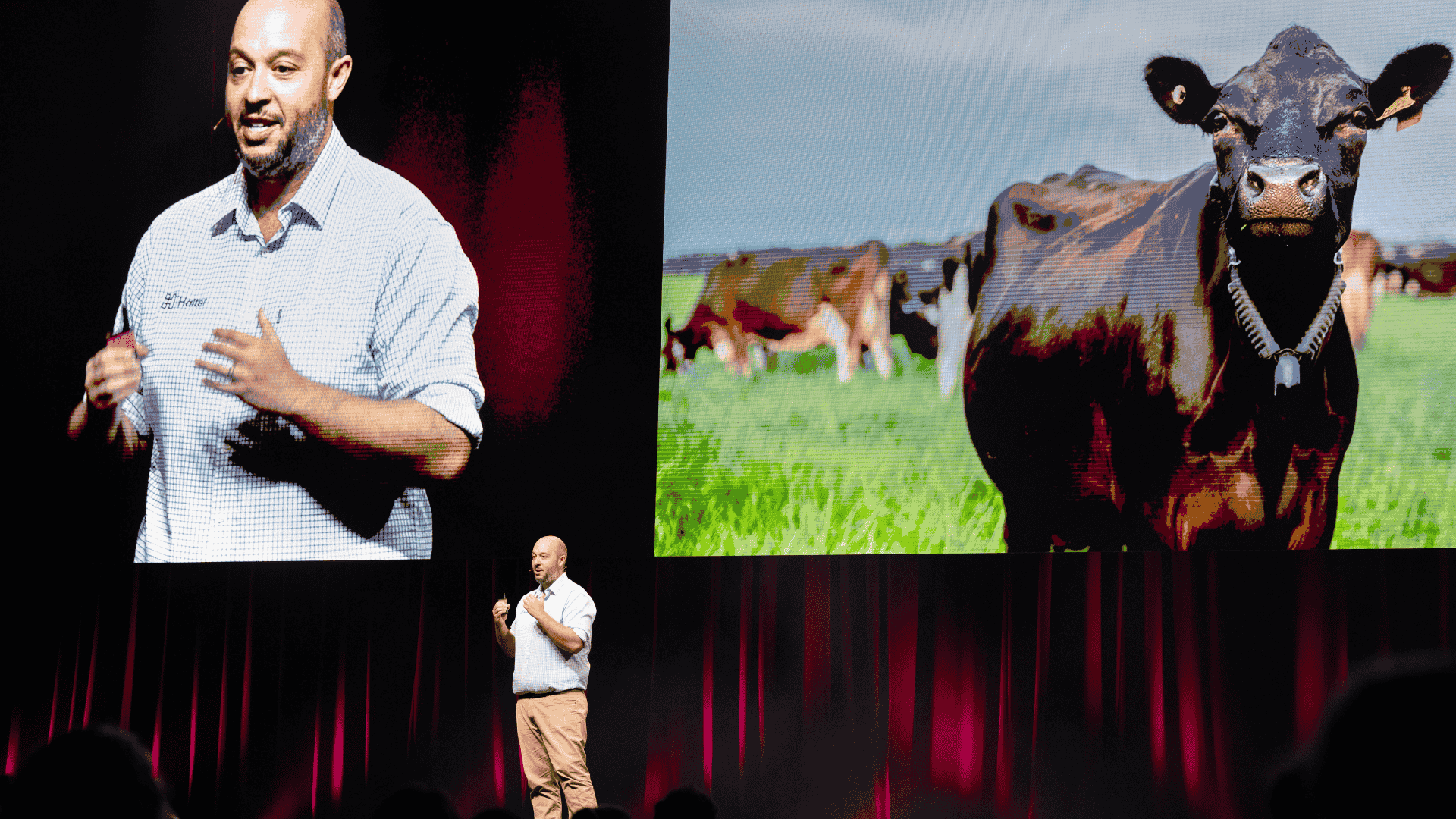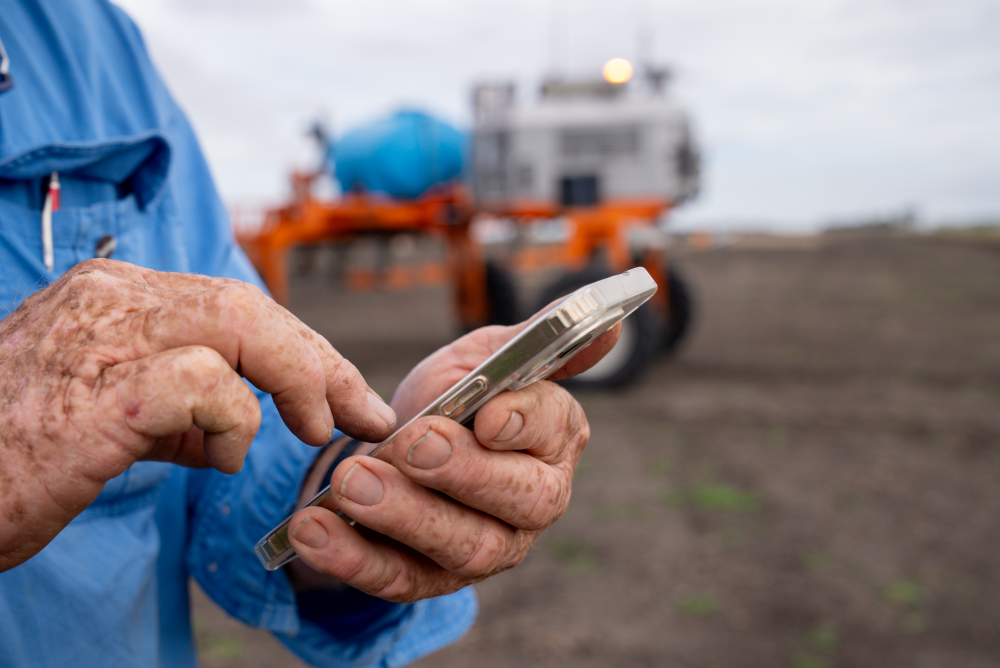Virtual fencing gets green light at ag tech event
Virtual fencing has been given the green light in Victoria, with Halter’s P5 electronic collar system on Wednesday becoming the first technology...
From spotty mobile reception to assumptions about who’s where and doing what, communication failures are putting lives at risk on Australian farms. As part of National Farm Safety Week, Farmsafe Australia is turning the spotlight on one of the most overlooked factors in farm incidents and near misses: poor communication.
“Too often, we think of safety in terms of machinery or PPE; the physical stuff,” Farmsafe Australia Chair Felicity Richards said.
"But one of the most powerful safety tools we have is free, available, and often underused: conversation. Consistent, clear communication can make all the difference and when it’s missing, things can unravel fast.”
Conversations with farmers across Australia revealed multiple examples where communication breakdowns either caused or escalated a near miss. From a farmer working alone with no way to call for help, to instructions misheard or not shared at all, the risks are real and often preventable.
“We’ve heard of heartbreaking incidents where someone went missing, and no one realised until hours later,” Ms Richards said.
“By the time anyone noticed, it wasn’t a search and rescue, it was a search and recovery. That’s a tragedy, and it’s one that better communication systems can help prevent.”
Some of the most common communication-related risks on farm include:
• Assumptions: “I thought he was with you.” “I assumed she’d finished the job.” “I didn’t know he’d gone to check the troughs.”
• Lack of Planning: No agreed check-in times. No shared job lists. No knowledge of which paddock someone is in.
• Unreliable Tech: Phones without signal. Radios left on charge. Dead batteries. Outdated or missing UHF protocols.
• Solo Work Without Support: Long days in remote areas without check-in procedures or contingency plans if someone doesn’t return.
“When there’s no clear system, people fall through the cracks,” says Richards. “You don’t know where to look. You don’t even know when to start worrying.”
The campaign urges farmers to adopt simple communication practices that can dramatically reduce risk:
1. Daily Job Plans – Start each day with a short “who’s doing what and where” huddle. Agree on check-in points.
2. Back-Up Comms – If you’re working in a known blackspot, take a UHF, set check-in times, or use a tracking app or device. Don’t rely on mobile phones alone.
3. No-Go Zones Without Contact – Make it a rule not to enter silos, climb heights, or work under machinery alone.
4. Clear Handover – When one person finishes a job, make sure the next person knows exactly what has or hasn’t been done. Never assume.
5. Emergency Plans – Everyone on-farm should know the protocol if someone doesn’t return, doesn’t check in, or is unreachable.
“These things don’t have to be complicated,” Ms Richards said. “But they do need to be consistent. It’s not about fancy tech, it’s about building a habit and creating a culture.”
Just like with any other risk, near misses that result from poor communication offer a chance to reflect and reset.
“We’re encouraging all farmers to have that conversation this week,” Ms Richards said. “Ask your team: Do we know where each other is during the day? Do we have a plan if someone doesn’t check in? If our phones are out, what’s our back-up?”
Because when the worst happens, communication isn’t just about convenience. It’s about response time. And response time can mean the difference between rescues and regret.

Virtual fencing has been given the green light in Victoria, with Halter’s P5 electronic collar system on Wednesday becoming the first technology...
.png)
What if the real issue with “kids not stepping up” isn’t them at all?In this episode, Ben Law sits down again with high-performance advisor Chris...
.png)
As Victorians begin the long recovery following devastating bushfires which burnt more than 400,000 hectares, a pair of contract...
